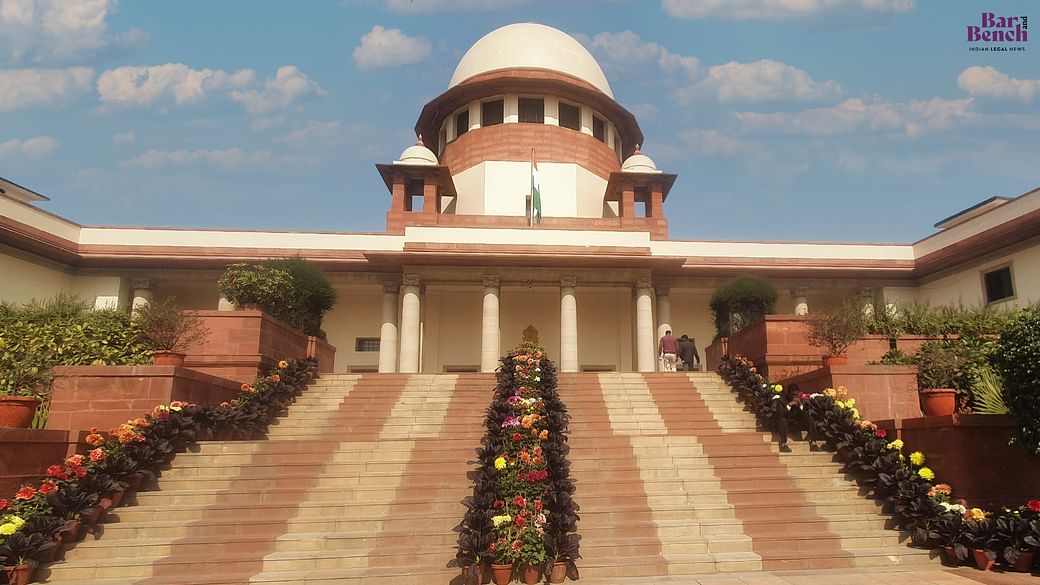The interpretation of Articles 14, 15, 16, 338, 341, 342, and 342A is a matter of immense public importance, and correct interpretation of binding precedents in Indra Sawhney and other decisions. Though we have full respect for the principle of stare decisis, at the same time, the Court cannot be a silent spectator and shut eyes to stark realities. The constitutional goal of social transformation cannot be achieved without taking into account changing social realities. The Hon’ble Supreme Court of India in State of Punjab V. Davinder Singh & Ors. (R)[Special Leave Petition (Civil) No. 30766 OF 2010] Observed that “State’s obligation is to undertake the emancipation of the deprived section of the community and eradicate inequalities.”
The Constitution bench comprising of Hon’ble Justices Indira Banerjee, Vineet Saran, MR Shah, Arun Mishra and Aniruddha Bose held that if reservation provided for backward classes creates inequality within the reserved category itself, it is pertinent for the state to create further sub-classification of these categories to ensure that the benefit of such reservation trickles down to the most deprived sections.
The Hon’ble Court was examining the legal question as to whether the Supreme Court’s 2004 judgment in the EV Chinnaiah v. State of Andhra Pradesh case needs to be revisited, where it was held that states were not empowered to create sub-classification in the Scheduled Castes and Scheduled Tribes listed in the Presidential Order. However, the judgment rendered today offered a divergent view, holding that to further the cause of removing inequalities, states may exercise the power to create sub-classification in these categories and offer reservation benefits to the class more deprived.
Hon’ble Apex Court further observed that the State may engage in “redistribution and reallocation of resources and opportunities” to ensure equitable access of resources. It was further observed that “The State has the competence to grant reservation benefit to the Scheduled Castes and Scheduled Tribes in terms of Articles 15(4) and 16(4) and also Articles 341(1) and 342(1). It prescribes the extent/ percentage of the reservation to different classes. The State Government can decide the manner and quantum of reservation.”
It was held by the Hon’ble Court that “We endorse the opinion of a Bench of 3 Judges that E.V. Chinnaiah is required to be revisited by a larger Bench; more so, in view of further development and the amendment of the Constitution, which have taken place. We cannot revisit E.V. Chinnaiah being Bench of coordinate strength.”


